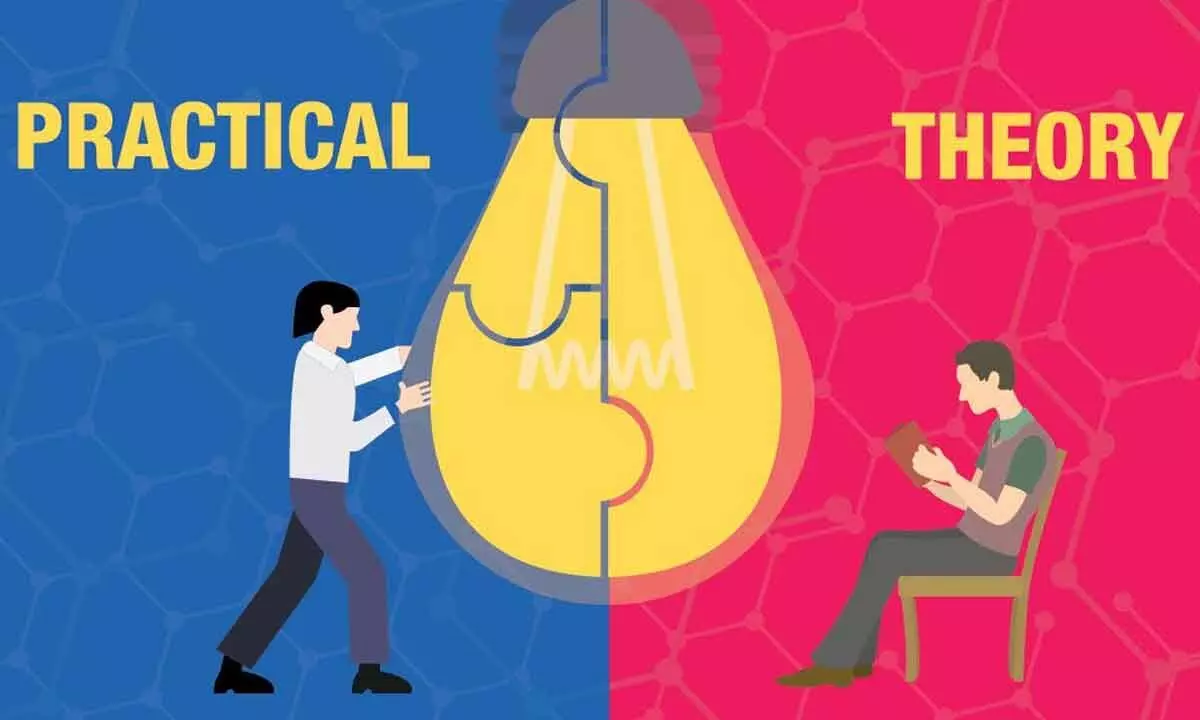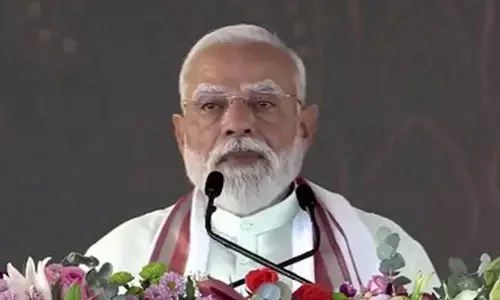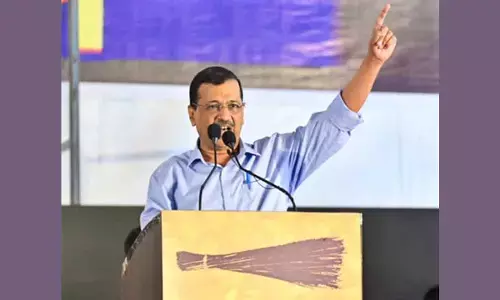Practical training over theoretical knowledge?

India’s need of the hour is diversified skill training
Education experts believe that with establishing quality institutions, India also needs upgradation with its syllabus and courses offered to sharpen the technical skills. Over the years, both central government and state governments have offered skill training in rural and urban locations through programmes such as DDU-GKY, Modular Employable Skills (MES) under Skill Development Initiative (SDI), Pradhan Mantri Kaushal Vikas Yojana (PMKVY), and so on.
With ever shifting demands of different industries, India needs to embrace restricting its skill training programmes and employment generation opportunities. Newer technologies, in terms of hardware and software, emerge every day around the world and for which an innovative stream of workforce needs to be prepared.
As of 2021, India generates over 5 lakh engineers annually out of which 30 percent are at the risk of not getting suitable jobs upon graduating. Education experts believe that with establishing quality institutions, India also needs upgradation with its syllabus and courses offered to sharpen the technical skills. Over the years, both central government and state governments have offered skill training in rural and urban locations through programmes such as DDU-GKY, Modular Employable Skills (MES) under Skill Development Initiative (SDI), Pradhan Mantri Kaushal Vikas Yojana (PMKVY), and so on.
But education professionals believe that with evolving industry requirements, skill training ought to focus on the diversity of courses offered and the demand for the expertise in the market. Skills such as Artificial Intelligence have become industry favourites, thanks to increased dependency on the virtual world in a post-Covid 19 era.
Vipin Kumar, assistant director, All India Council for Technical Education (AICTE) believes that a single emerging technology should not be the only priority of any training agencies. He says that skill training institutes in India must offer multiple courses to every interested individual at every centre. He also stated that with the integration of the real-time and virtual world, the opportunity to learn lies within the individual. '
In the past, AICTE, a facilitator of technical education in India, had launched initiatives such as Smart Hackathon, SWAYAM, PARAKH and KARMA to promote emerging technologies and generate a healthy competitive spirit among young innovators. As of 2020, the Ministry of Housing and Urban Affairs collaborated with the Ministry of Education to launch an internship programme, namely TULIP, to provide students and fresh graduates with opportunities to assist in research. According to the information provided on the website of AICTE, over 2,300 candidates have completed their TULIP internships across the 29 states and 8 union territories.
The internship requirements range from urban planners to horticulture, graphic designers to content creators. The range of trained individuals spans across the categories based on educational background and specialisation. India's offerings on diversified skill training may also lower the need to migrate to different cities or even countries, since employment opportunities are reaching Tier 2 and Tier 3 cities in recent years.




